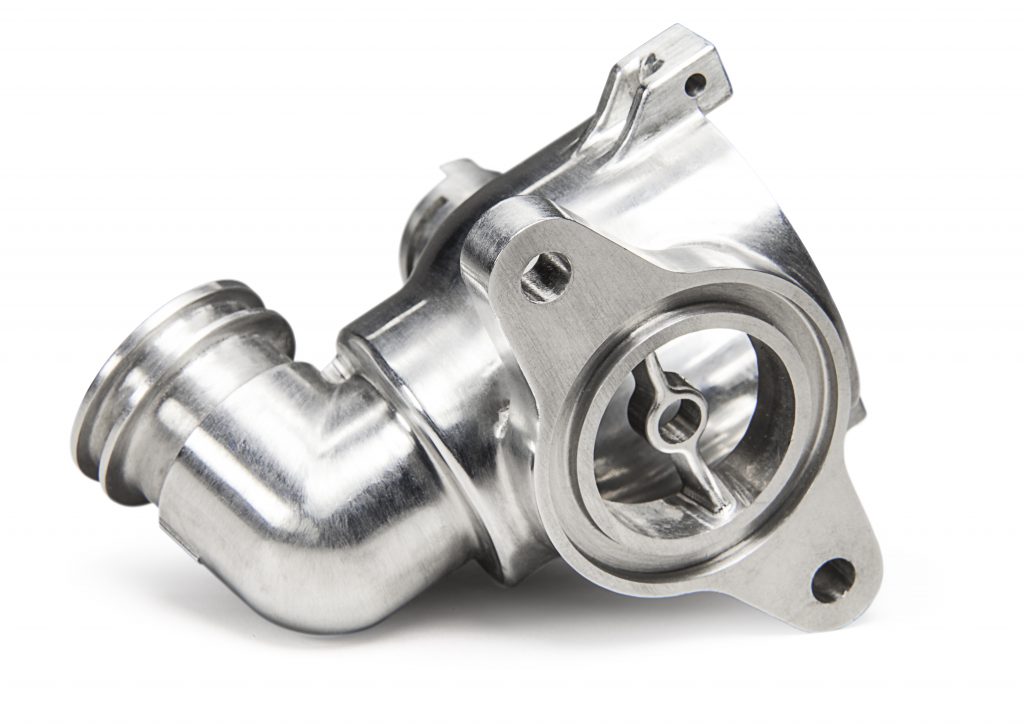What is the difference between aluminum alloy and magnesium alloy
Release time:21-10-2020

What is the difference between aluminum alloy and magnesium alloy?
The application of metals in our country is very extensive, and the types of metals are different, and their characteristics and applications are also different. So, what is the difference between aluminum alloy and magnesium alloy?

What is aluminum alloy?
Aluminum alloy has low density, but relatively high strength, which is close to or exceeds that of high-quality steel. It has good plasticity and can be processed into various profiles. It has excellent electrical conductivity, thermal conductivity and corrosion resistance. It is widely used in industry and its usage is second only to steel. . Aluminum alloy is the most widely used non-ferrous metal structural material in industry, and it has been widely used in aviation, aerospace, automobile, machinery manufacturing, shipbuilding and chemical industries.
What is magnesium alloy?
Magnesium alloy is an alloy based on magnesium and other elements. Its characteristics are: low density (about 1.8g/cm3 magnesium alloy), high strength, large elastic modulus, good heat dissipation, good shock absorption, greater impact load capacity than aluminum alloy, and good resistance to organics and alkali corrosion. Mainly used in aviation, aerospace, transportation, chemical, rocket and other industrial sectors.
What is the difference between aluminum alloy and magnesium alloy?
1. Different tensile strength
The strength of the frame made of magnesium alloy material of the same volume is not as strong as that of aluminum alloy. To achieve the strength of the frame, the material thickness and tube length must be increased. Therefore, comparing magnesium alloy with aluminum alloy in terms of weight, there is no advantage.
2. Different fatigue strength
The durability of a frame made of magnesium alloy material of the same volume is worse than that of an aluminum alloy frame. It is also a fatal disadvantage of magnesium alloys. As the number of rides increases, the number of stress occurrences increases, and the strength will be significantly reduced. Even the life of the frame does not exceed 2-3 years. Therefore, professional riders rarely use magnesium alloy frames. It is also calculated that the mileage is replaced in the form of discarding.
3. Different metal oxidation
The periodic table clearly shows that magnesium alloys are more susceptible to oxidation and corrosion than aluminum alloys.
4. Different manufacturing costs
Because magnesium alloy is a lively metal, manufacturing equipment and environment have higher requirements, resulting in high manufacturing costs, and the cost-effectiveness of the produced bicycle frames is far less than that of aluminum alloy frames.
5. Different specific gravity density
Under the condition of the same volume, magnesium alloy is lighter than aluminum alloy, which is the advantage of magnesium alloy.
If you want to know more about CNC MACHINING PARTS, please contact BoYang Hardware Products, thank you.



